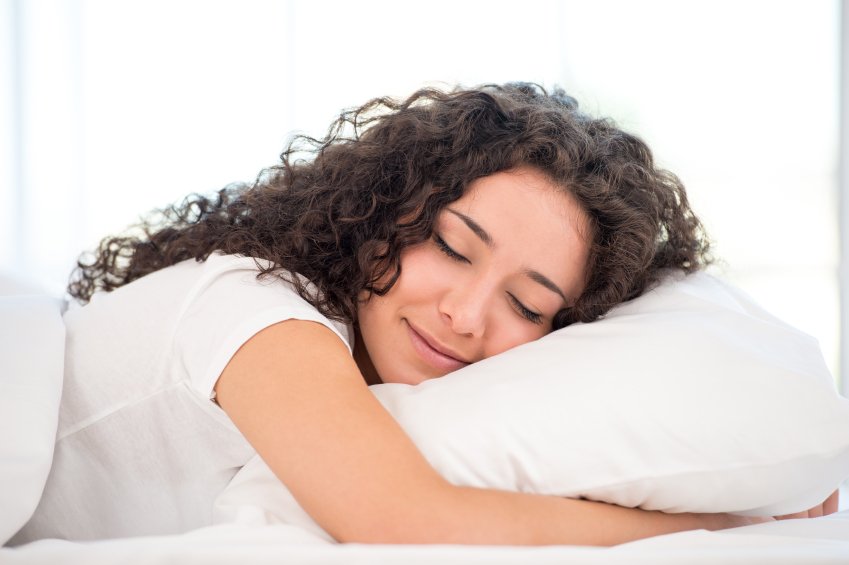Public health officials have warned us for years that too much screen time, combined with our fast paced lives, is affecting our sleep cycle, fueling our sleep deprivation. Since the influx of the digital world, studies have been blaming artificial light as a primary reason for disrupting our natural sleep patterns. Some estimates even indicate that we receive two to three hour fewer a night than our ancestor did back during the industrial revolution. That notion is now being challenged by researchers that are asking is seven hours of sleep per night necessary?
In a new study, researchers have focused on the sleep cycles of people in remote villages where they still live by the hunter-gatherer mentality similar to our ancestors, with no means of electricity or artificial light. Researchers found that these subjects were seemingly healthy and fit, despite the fact that the hours of sleep they received was on the lower end of the spectrum, as compared to subjects in an industrialized society. Previous studies indicate that their physical activity was not the reason these subjects were in such good health since their daily energy output was similar to that of most Americans.
Most hunter-gather groups that were studied were found to receive about six to six and a half hours of sleep per night. The subjects usually stayed up several hours after sunset, using a fire as their only source of light. The connection made by researchers is that these hunter-gather groups that live in remote areas receive about the same, if not less, amounts of sleep each night as compared to Americans who live in an industrialized environment.
Many studies indicate that receiving less than seven hours of sleep a night puts you at risk for various health effects including obesity, diabetes, and heart disease. However, when comparing the amount of sleep received by the hunter-gather groups to that of the average American, we can clearly see that the amount of sleep is not necessarily a direct link to health.
The president of the American Academy of Sleep Medicine, Dr. Nathaniel Watson, indicates that the amount of sleep you need should be however much it takes to make you feel rested. By putting a number on the hours of sleep needed to remain healthy, researchers fear it will drive people to become too dependent on sleep aids that ultimately cause adverse side effects. The subjects in these hunter-gatherer groups were found to be relatively healthy, despite the fact that they receive slightly less sleep than people in the Western world.
In conclusion, researchers discovered that although the hunter-gatherer groups did not go the sleep when the sun set, they almost always went to sleep when the temperature dropped and woke as the temperature rose. This finding points to the question that maybe our bodies are designed to sleep when the temperature drops, as means to conserve energy. Researchers believe that maybe we could better treat insomnia by changing the temperature of one’s environment, but further studies will be needed to support this idea.
O’Connor, A. (2015). Do We Really Need to Sleep 7 Hours a Night?. Retrieved from https://well.blogs.nytimes.com/2015/10/15/112251/?smid=nytcore-ipad-share&smprod=nytcore-ipad

